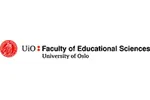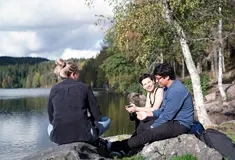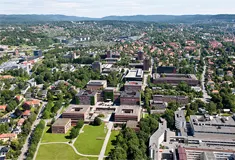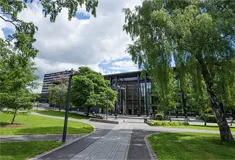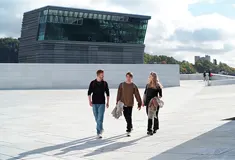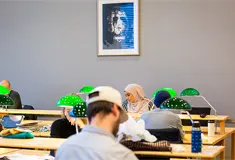About Education, Master Degree - at Faculty of Educational Sciences, University of Oslo
Are you curious about how children and youth experience and shape social change? The international Master’s in Education offers a specialization with focus on Education and Social Change: Childhood and Youth studies.
About the programme
The programme integrates concepts like education, social change, childhood, and youth. This interdisciplinary approach provides a comprehensive understanding tailored for those interested in how children and youth experience and shape social change.
We will address topics and issues such as
- The implications of growing up in a digital culture
- The making of new social inequalities concerning children and youth
- The impacts of migration on children and youth
- Long-term and sustainable policy concerning children and youth
The programme prides itself on providing a highly interactive and supportive learning environment. Students and academic staff closely collaborate in various learning settings, fostering a community that enhances both personal and academic growth.
The University of Oslo hosts one of the leading Faculties of Educational Sciences in Europe, known for its high international standing and strong research foundation. Students gain advanced academic skills, competences, and knowledge, positioning them well for both research and professional careers.
Unique Nordic Perspective
The programme includes a joint introductory course on the unique features of Norwegian education within the Nordic context, followed by specialised courses, all conducted in English. This provides students with a distinctive perspective on education and social change.
Study environment
There are numerous student societies, which all University of Oslo students may join.
If you have an interest in writing, you can write for Pedagogisk Profil, which is a student-driven magazine. You can also contribute to the study environment by joining Kjellerutvalget – the organisation responsible for the Faculty's student pub, or you can get involved with the UV – Student Union and be a representative of the students at the faculty.
Further studies and career opportunities
The career options for the programme’s graduates are plentiful, both within and outside education sectors, national as well as international. These include careers in academia, in the private sector such as consultancy firms, but also in the public sector, including national ministries and international organisations.
As a graduate, you are eligible to apply to PhD programmes in Norway and elsewhere.
You can find more information about further studies and career opportunities on our website. We have also interviewed some of our alumni on what they have been doing after graduating from the University of Oslo.
Learn more about Education, Master Degree - at Faculty of Educational Sciences, University of Oslo
Visit course webpage 

